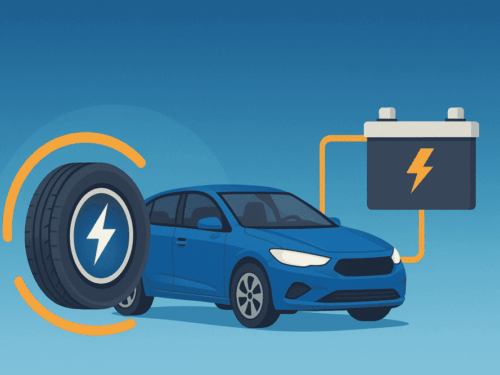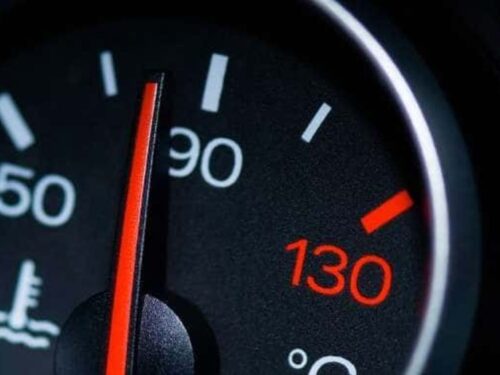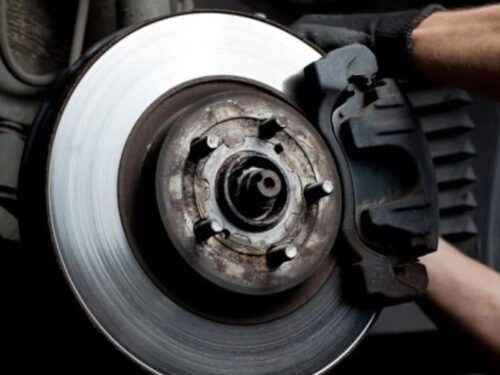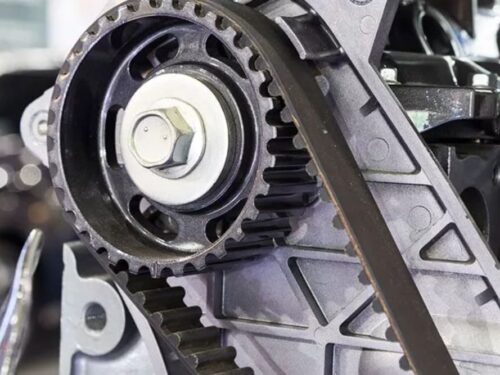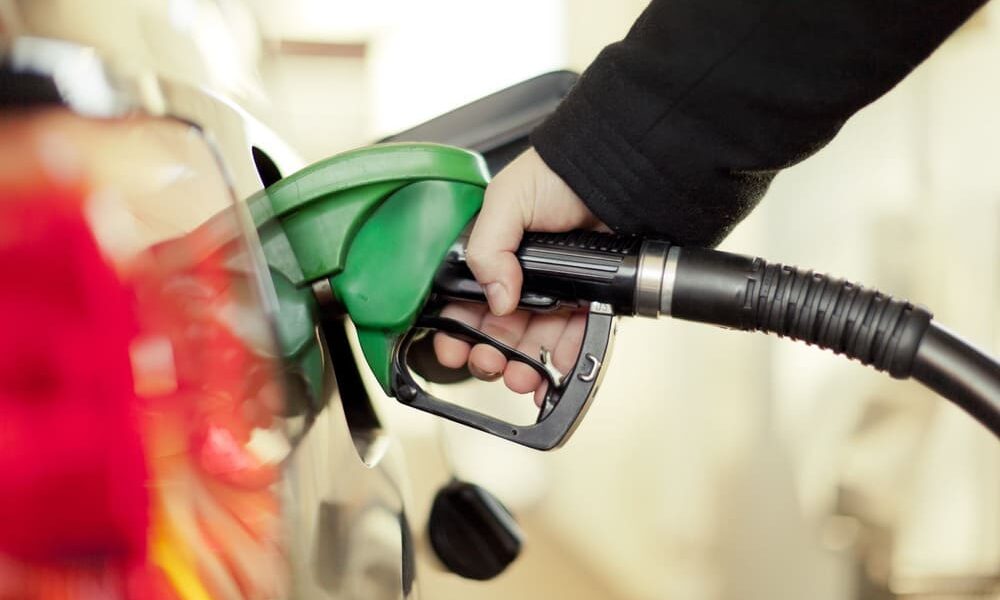
Your annual fuel bills aren’t completely in your control as fuel prices fluctuate throughout the year, guided by the rise and dips in the demand and supply of natural resources. While you may not be able to control how much you pay every year, you can ensure that you aren’t paying any more than you absolutely need to.
Here, we bring you tips to save money on gas.
1. Ensure Regular Maintenance
Regular car maintenance ensures your vehicle is in optimal condition and that your vehicle’s engine is as happy and healthy as possible. If your engine is old and tired, it will consume more fuel. During your regular checkup, you can also look into oil levels.
Make sure you use a good quality oil as that directly affects the engine’s health. You will also have to consider seasons and temperature changes when trying to find the right oil for your car. You may need to switch to a thinner oil during winters and a thicker one during summers to prevent clogging.
While you check on oil, check your air filters as well. They usually need replacement annually or bi-annually. Lastly, keep an eye on the tire pressure. Your tires should have optimal air pressure at all times, as that can help you save money on gas by allowing the engine to run smoothly and efficiently.
2. Combine Your Errands
Instead of making multiple visits to the grocery store per day or per week, plan a weekly grocery shopping trip and get all you need on that visit. If you have to pay bills or go for a dental checkup a few days apart, try scheduling them on the same day. It takes a little bit of extra planning, but fewer trips ensure lower gas consumption, helping you save quite a substantial amount of money.
3. Carpool Often
Carpooling to work can help you save quite a bit on gas. Even if you can get another person to share a ride to and from work with, you cut your gas costs in half. If you can find one other person, you can save a substantial amount of money by splitting costs.
Just make sure that each carpooler lives close by, so you don’t end up driving fifteen minutes out of the way to pick them up before making your way to work. You could also decide on a convenient meetup place. It will save you a lot of time and allow for easier coordination. You can also join a carpool network to find willing participants easily.
4. Work from Home (If Possible)
We understand that not all employers allow employees to work from home. But if you have it, avail it as much as possible. You could take to your employer and set a few days a week where you go into work and sort whatever in-person meetings or tasks you need to deal with, and work remotely for the rest of the week.
5. Utilize Gas-Saving Apps
Some apps watch gas-prices and compare rates at various stations near you to help you find the cheapest available options. Even it costs a couple of cents less than your usual gas station, you should consider switching. A single cent on every liter, over a year, makes for a substantial amount of money when it comes to saving money on gas, every penny counts.
6. Find Fuel-Efficient Routes
Most cars have a built-in navigation system, but you can use other tools such as Google Maps to ensure you find the shortest and faster possible route. Usually, shorter routes are more fuel-efficient. However, in some cases, they may be traffic-clogged during your regular commute hours, so you may be better off taking a slightly longer but open route to save fuel. We suggest you check for the best available route every day to avoid getting stuck in traffic and burning more gas than necessary.
7. Don’t Leave Your Car on Unnecessarily
Many people turn their car engines on for ten to fifteen minutes before they start driving the vehicle. They don’t realize that the car doesn’t need to be left on for as long as fifteen minutes, and even a minute or two can get the engine heated up enough to drive safely even in winters.
You should also ensure you turn the engine off every time you step out of the vehicle. In case you have a companion, take them with you to the shop to avoid burning extra gas by leaving the vehicle running with air conditioning or heating on.
8. Pay Cash
In general, you should avoid using your credit card unnecessarily, so you don’t have to pay interest on the bill. However, you should particularly avoid paying your gas bill with your credit card as some gas providers charge a substantial amount of money as fees for using the card. You may also end up paying more for using plastic in some places. Make sure you ask the gas provider about additional costs before you chose a payment method.
9. Know When to Refuel
You should not drive your car with the gas pump nearing empty as that can damage your fuel pump and ruin its consumption efficiency. Ensure you keep an eye on the tank and get a top-up as soon as it near the last quarter. It also helps with vehicle maintenance and prolongs vehicle life.
10. Turn Off Air-Conditioner
If the weather is nice and breezy, turn off the air-conditioner and roll down your windows. Letting the wind whip through your hair will help you feel rejuvenated and fresh. It also takes away much of the stress of long commute hours and helps keep gas consumption to a minimum.
11. Keep an Eye on the Speed
The faster you drive, the more fuel you will burn. In fact, it can increase your fuel consumption by a good fifteen to thirty percent, depending upon how fast your drive. Try to drive at a constant speed of around 60 to 70 miles per hour for optimal fuel economy. If you drive aggressively and increase and decrease your speed frequently, you will end up burning a lot more gas than necessary.
12. Claim Gas Expenses on the Vehicle
If you own a business or use your vehicle for business operations, you can claim gas expenses on your tax returns. However, there are certain rules regarding claims and deductions on taxes. You should consult a tax consultant or visit the Internal Revenue Service’s website to learn more about their terms and conditions and how to file for tax returns.
13. Buy Gas from a Wholesaler – Costco
Costco usually has cheaper rates than other gas providers in the city. You may want to look into the gas rates they offer and compare them with your regular service provider. If you find them cheaper and have a Costco seller easily accessible to you, consider switching to Costco.
Concluding Note
Fuel expenses make a substantial portion of monthly costs for all car owners. In fact, many commuters avoid purchasing a car and prefer using public transport to save costs. However, with these tips to save money on gas, you can enjoy the comfort of your own vehicle without stressing about extensive monthly gas bills.
Courtesy of paautoinspection

